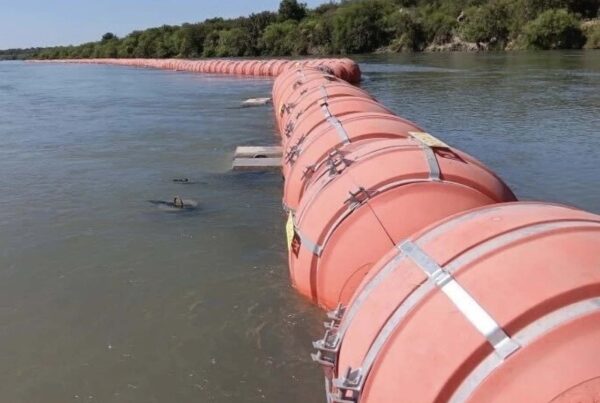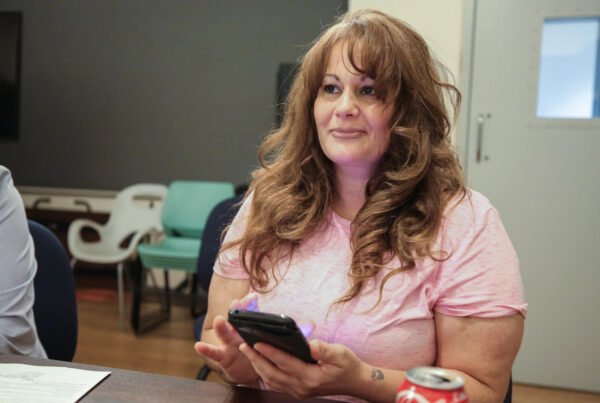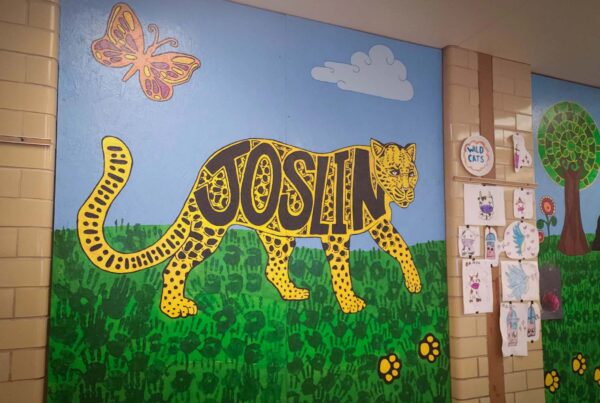As the nation slowly emerged from the pandemic, employers began to notice something was off about the workforce. New hires were reporting to work with a common refrain, something along the lines of, “how do I even do that?”
Employers say they’re having to adapt to a new reality: a job pool lacking in some of the most basic knowledge and skill sets needed.
Douglas Belkin covers higher education for The Wall Street Journal. He joined the Standard to tell us more. Listen to the interview above or read the transcript below.
This transcript has been edited lightly for clarity:
Texas Standard: One line in your story on this topic really stuck out to me. Someone you spoke with said, “employers are saying, ‘we’re just trying to find some people who could fog the mirror.’” What do you think that was trying to express?
Douglas Belkin: There’s a lot of variables coming together right now that are making it difficult for companies to find the right people for their jobs. That was a quote from a Western Michigan group. They’re having a hard time – between outmigration from Michigan and a lack of education, a lack of proficiency in the high schools.
Combine that with learning loss from the COVID era, and they’re struggling to find anybody, let alone folks who are coming in with skills. They’re just looking for young people to come in with a good attitude and who are able to show up on time for work.
There have been a lot of concerns that during the pandemic, students were not getting the sort of education that they would get in person. Is what we’re seeing the result of a shortcoming in the educational system during that pandemic period? Or is it too early to know?
The data is starting to become clear that the learning loss that we saw during the pandemic was pretty significant. You could see that through the national assessment test that kids were taking, and it’s now beginning to show up in the workplace.
There’s a lot of different ways to ascertain that – the employers themselves are giving pre-employment exams to figure out where young people are when they enter the workforce, and the results of the exams are just lower.
The certification exams for things like nursing and engineering are much lower than they were before the pandemic. Then there’s just some basics that are missing when young people come in and they’re not able to do things that their peers could have done five years ago.
Could you give us an example? What specifically are the shortcomings that employers are complaining about?
One of the things we reported in the story was that there’s a pretty significant nursing shortage right now. There’s a lot of pressure to get nurses into programs.
In order to get into a nursing program, you need to take essentially an SAT or an ACT. But the scores on those tests are lower, so fewer people are eligible to go into the programs. Then when they get into the programs, a lot of them don’t have the basic math skills that they need, so they have to remediate them. They have different tutors, different types of programs to get them up to speed.
On the other end of it, there is an exam that they have to pass before they’re able to work with patients. There’s about a 10% decline in the pass rate for that exam. So, the impact is from beginning to end.
You talk about some employers complaining that recent hires don’t know how to make change at the register. Then there are soft skills like working with others. The net effect – not just in nursing, but in a lot of occupations – is that employers are spending more time and resources hiring – not just searching for candidates, but lowering their expectations and spending to fix the lack of basic skills that some of those new employees have. Is that right?
Yeah. Younger folks in particular are struggling to make eye contact, to interact with customers in customer service roles, and to make change at the register. A lot of them are more interested in looking at their phones than in doing their jobs.
That all that existed before the pandemic, but it was exacerbated by a couple of years in your house, in your room, on a screen, not dealing with other people. You begin to lose the capacity to work well with others.
That’s showing up in the workplace. In the military, soldiers need to pass an exam called the ASVAB in order to move into the ranks. Not enough of them are passing, so the military created a boot camp to help them improve their scores.
Some people listening may think, “well, we’ve heard a lot of folks giving the stick to younger generations.” They may hear this conversation as a different take on that same story. What would you say to them?
There’s two ways to answer that.
First of all, where there’s smoke, there’s fire. There’s been a decline in standards and rigor in education for a couple of decades. That’s coming home to roost. The education during COVID was substandard. So, that’s going to have an impact and a consequence that may not be something people want to hear, but it’s just what’s happened.
The silver lining here is that there seems to be a little bit more adaptability among young people who had to adapt to deal with remote learning and such. So, employers do credit them for sort of being a little bit more easygoing and being able to roll with the punches. That’s the upside.
National productivity has fallen for the past five quarters, and that represents the largest economic contraction in this country since 1948. How much of a role are unprepared new employees having in those national productivity assessments? Is this actually driving down the productivity of the country, or not?
How much of a role the learning loss is having in the productivity decline is really hard to say. There’s a lot of things moving – whether people want to go back to work or not, whether they want to go back to the office or not. Their expectations are different.
There’s sort of an existential crisis about work in general. So, the impact of learning loss is part of a much larger picture with a lot of variables floating around.













